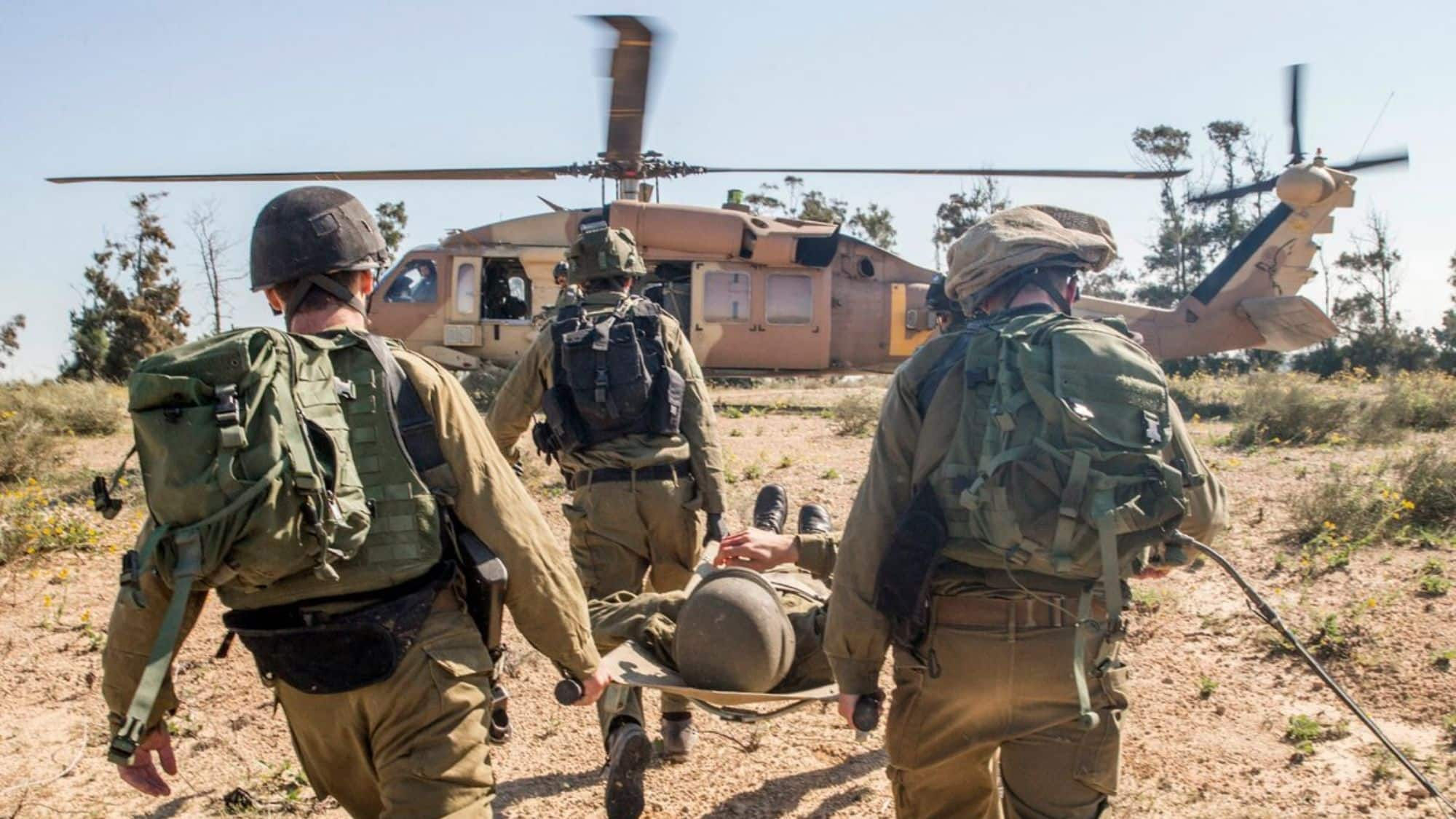The Israel-Hezbollah conflict has escalated dramatically as Israel commenced ground incursions into southern Lebanon. A day after these operations began, reports emerged detailing significant casualties, highlighting the intensifying struggle along Israel’s northern front. Israeli forces have engaged directly with Hezbollah militants within Lebanese territory, with both sides confirming ongoing clashes through various statements. This article delves into the implications of the renewed conflict, the history of hostilities, and the geopolitical stakes involved.
The Current Escalation: Key Developments
The recent military actions stem from an ongoing pattern of hostility between Israel and Hezbollah. As tensions rise, the situation remains volatile and complex. Reports indicate that Israeli troops have crossed into Lebanese territory to confront Hezbollah fighters, marking a critical point in this long-standing conflict.
The Ground Invasion: What We Know
Initially, Israel’s ground assault was characterized by airstrikes and artillery bombardments aimed at Hezbollah positions. However, the shift to ground incursions signifies a more confrontational approach. The Israeli Defense Forces (IDF) have stated that their operations are aimed at neutralizing Hezbollah’s military infrastructure, which poses a significant threat to Israel’s security.
The Historical Context of Israel-Hezbollah Relations
To understand the current situation, it’s essential to consider the historical background of Israel-Hezbollah relations. The two entities have been embroiled in conflict since the early 1980s, with significant confrontations such as the 2006 Lebanon War, which resulted in considerable loss of life and reshaped the geopolitical landscape of the region. Hezbollah, a militant group backed by Iran, has consistently opposed Israel and its influence in Lebanon and the broader Middle East.
The Geopolitical Stakes Involved
The stakes in the Israel-Hezbollah war extend far beyond the immediate conflict. Regional powers, including Iran and Syria, have vested interests in supporting Hezbollah against Israel. Furthermore, the conflict has implications for U.S. foreign policy in the region, as the U.S. is a long-time ally of Israel. The international community is closely monitoring the situation, with fears that it could lead to a broader regional war involving multiple nations.
Casualties and Humanitarian Concerns
The human cost of the conflict is staggering. Reports of casualties on both sides have raised alarms globally. Civilian populations in southern Lebanon and northern Israel are particularly vulnerable, facing the brunt of military operations and potential displacement. Humanitarian organizations are calling for urgent measures to protect civilians and provide assistance to those affected by the violence.
The Role of International Diplomacy
As the situation escalates, international diplomacy plays a crucial role in seeking a resolution. Mediators from various nations have urged both parties to exercise restraint and engage in dialogue to prevent further bloodshed. The United Nations and other international organizations are involved in efforts to de-escalate tensions and provide humanitarian aid to affected areas.
Conclusion: The Need for a Lasting Solution
The Israel-Hezbollah conflict is emblematic of the complex dynamics of Middle Eastern politics, characterized by deep-rooted grievances and power struggles. Without a comprehensive and lasting solution, the cycle of violence is likely to continue, affecting millions in the region. It is imperative for both sides to find common ground and work towards a peaceful resolution to ensure stability and security for future generations.
